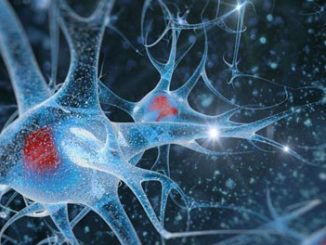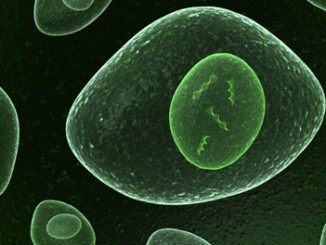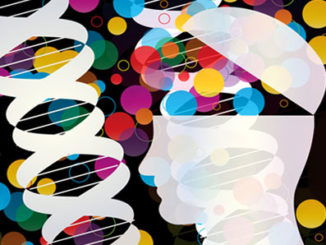Expanding Knowledge of DNA Methylation and Alzheimer’s Disease
Researchers from Rush University Medical Center and Brigham and Women’s Hospital (BWH) conducted a study recently demonstrating how an epigenetic alteration to DNA of the brain is connected to Alzheimer’s disease. The team looked at DNA methylation, which is an epigenetic mechanism that occurs when a methyl group is added to the cytosine or adenine of DNA. This epigenetic mechanism, as well as others such as DNA demethylation and histone acetylation, have the ability to turn on or off genes. [more…]










